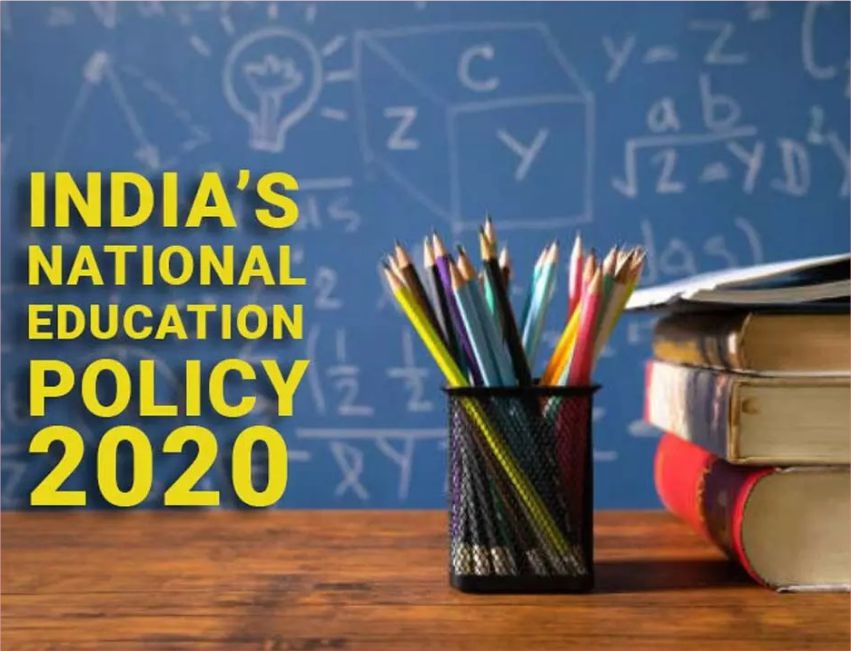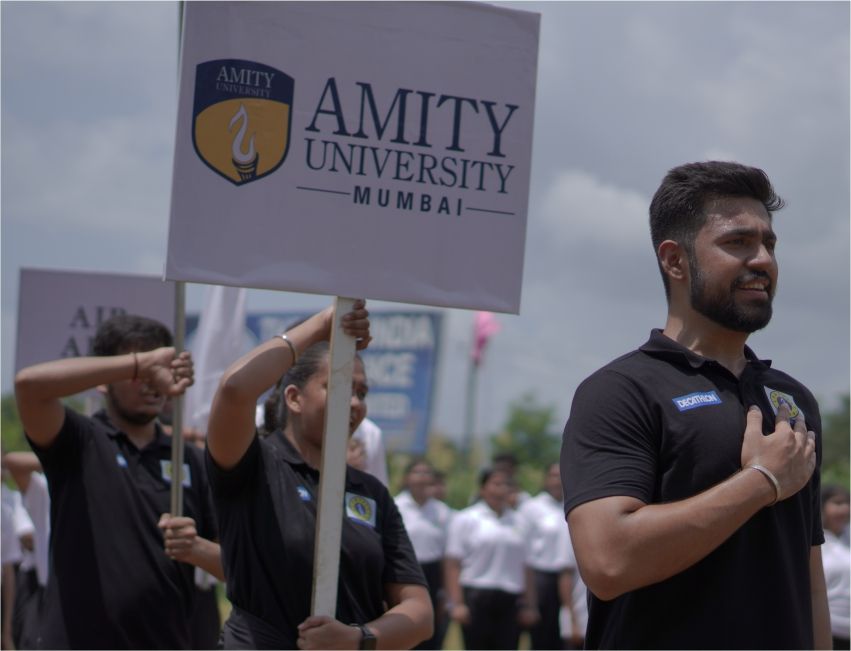Youth Corner - NEP 2020: Recommendations for Professional Education

- Dr. A.K. Sen Gupta
- 13 Apr, 2024
In the process of growth of a country, technical & professional education plays an important role. These include programs like architecture, engineering, agriculture, medicine, among others. These courses are aimed at creating “specialists” in diverse areas who can take forward the country in different domains of innovation and progress.
Recommendations:
While acknowledging the contribution of the said streams, the Committee felt that these programs are also meant to create future Indian professionals with adequate life skills and hence these should be integrated with the “general streams of higher education”. This means that in future stand-alone specialist institutions should not be encouraged and by 2030, these need to be totally integrated with mainstream higher education.
Nothing much was, therefore, spoken at length about many of these special streams of education; for example, not much is mentioned about two of the most important branches of technical education i.e. “engineering” and “management”. Nevertheless, the Committee made recommendations on certain other streams of professional education as under:
A. Agriculture and allied subjects:
This is a very important discipline. The Committee observed that enrolment of students in agriculture and allied sciences is hardly 1 per cent of total enrolment in HEI sector against the fact that these streams cover around 9 per cent of total HEI institutions. The Committee, therefore, recommended reforms in this area of professional study so the agricultural growth can propel the prosperity of India. The Committee suggested that the revised curriculum should include coping strategies to tackle challenges faced by the agricultural sector like declining productivity, application of indigenous means to boost agriculture production, integration of technology for improving productivity, amidst others.
B. Healthcare education:
Recommendations of the Committee include restructuring its curriculum and duration to meet the needs of the contemporary world. For example, every medical professional having an MBBS degree must possess four skills needed for any medical professional. These are “medical”, “diagnostic”, “surgery”, and “emergency” skills. Further, every MBBS student must know the basic aspects of indigenous medicine including Ayurveda, Yoga & Naturopathy, Unani, Siddha, and Homeopathy (AYUSH). The reverse is also recommended. The idea is that all medical professionals are aware of the basics of other streams as well.
C. Legal education:
The Committee made certain specific recommendations to make legal education globally competitive. Law education should take care of Constitutional values of justice and improve practical jurisprudence. One of the important recommendations includes a “bi-lingual approach” to legal education system so that lawyers in future are in a position to practice in at least in two languages: “English” and “local language”.
Moving Ahead:
As stated earlier, the Committee made specific recommendations only as regards the three branches as above and did not make any specific suggestions for other streams of technical / professional education. The most important recommendation was, however, integration of professional education with the generic stream of higher education so that in future the country would see “generic HEIs” with special branches of specific disciplines of professional education. Reforms appear challenging in this area as the technical & professional education domain is so well entrenched in our system that it is difficult to make changes as suggested in the Committee recommendations. Hence the pace of implementation is quite slow on the ground and nothing much seems to be moving as of now. Experts are also divided in their opinion as to the practicality and usefulness of some of these recommendations. It is too early to say anything at this stage. Let things start moving and then only one will be able to comment on the impact of the same.
Dr A K Sen Gupta is the Founder and Convener, Higher Education Forum (HEF). He is former Director of SIES College of Management Studies (SIESCOMS), Navi Mumbai and Bharatiya Vidya Bhavan’s S P Jain Institute of Management & Research (SPJIMR), Mumbai. He may be contacted at aksengupta51@gmail.com or 9821128103.




